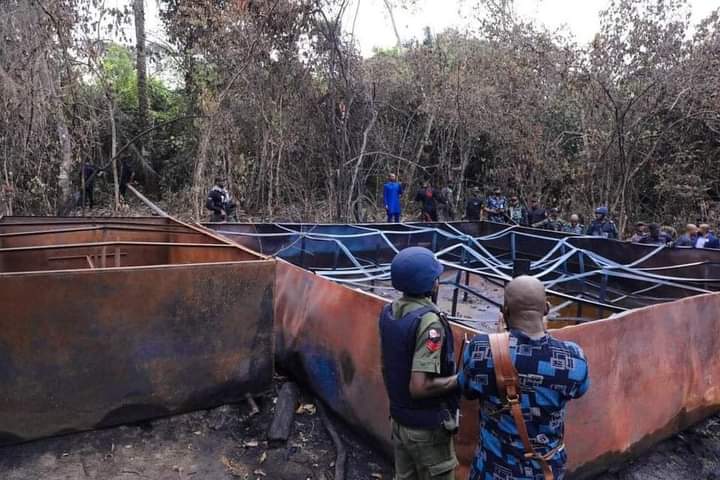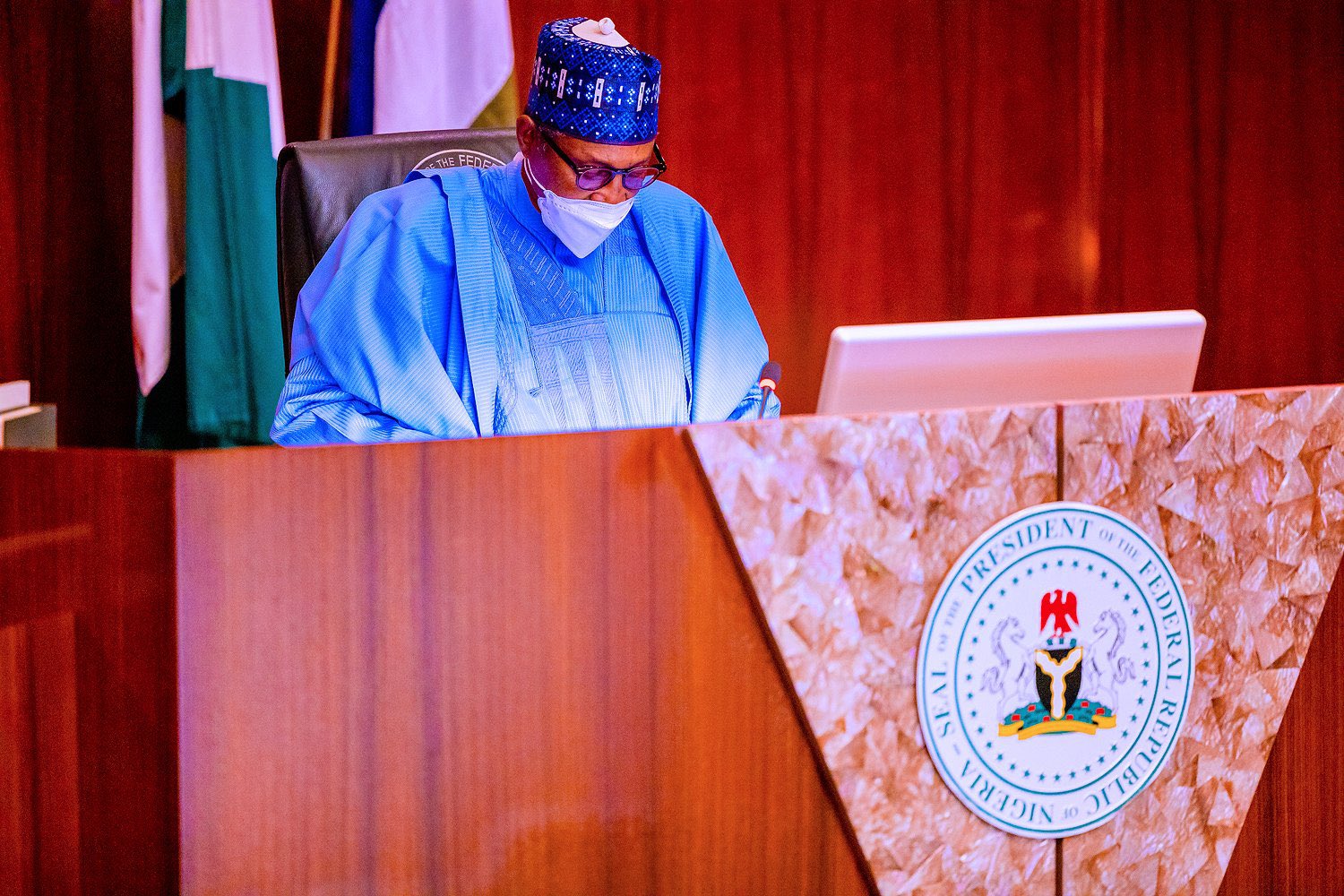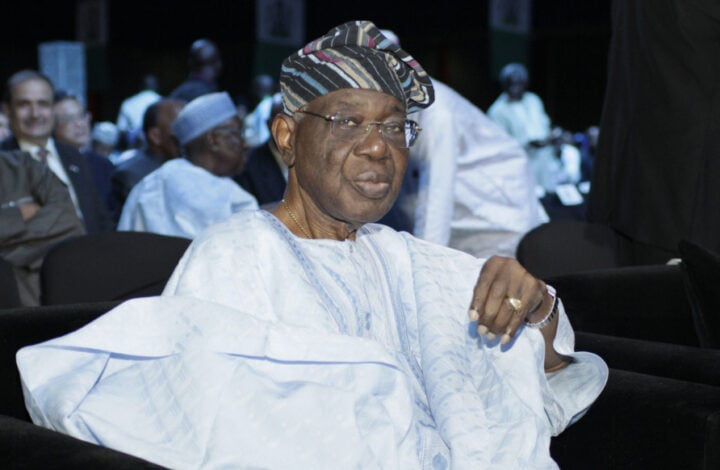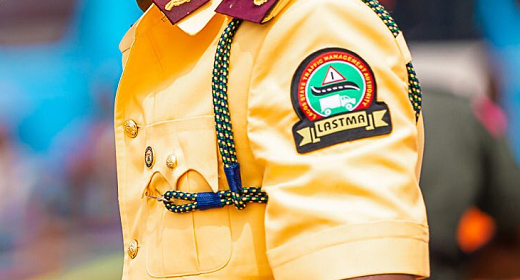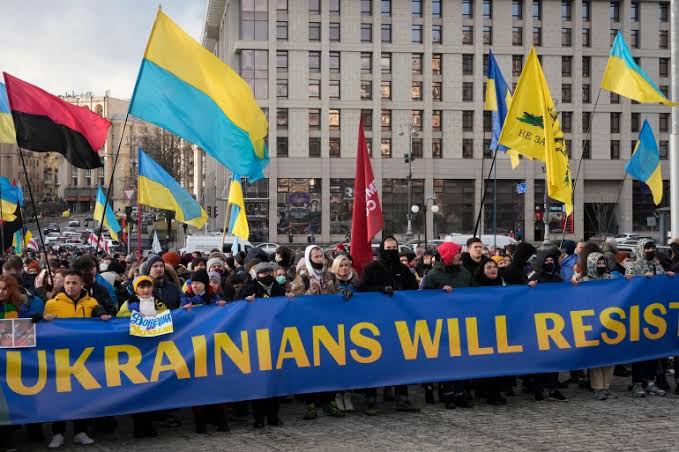“Guinea is beautiful, we no longer need to rape her. We need to make love to her, that’s all.” These were the words of Colonel Mamady Doumbouya on state television hours after leading a coup in September 2021 after ousting democratically elected President Alpha Conde whose election victory was seen as a new start following many years of authoritarian rule.
Doumbouya was surrounded by soldiers with Guinea’s flag flanked around his shoulders while looking straight to the camera and giving his takeover speech.
Since the first successful military coup in Africa in 1963, the continent has not looked back and has refused to outgrow corruption, greed, and desperation for power among its leaders. The first was a coup that occurred in the west African country of Togo on January 13, 1963, when Emmanuel Bodjolle, Etienne Eyadema, and Kleber Dadjo took over government buildings, arrested most of the cabinet, and assassinated Togo’s first president, Sylvanus Olympio, outside the American embassy in the capital city of Lome.
After that first overthrow, Africa has had at least 200 coups up to date with Sudan topping the chart with 17 coups. Burundi has had 11, while Ghana and Sierra Leon have witnessed 10 each. Guinea Bissau, Burkina Faso, Nigeria, and Comoros have recorded nine each, while Mali and the Republic of Benin have each witnessed eight coups. Niger and Chad have had seven military overthrows each confirming that the West African region is the hub of military takeovers on the continent.
Advertisement
Africa has continued to record an unprecedented number of successful and unsuccessful coups even in this modern-day digital world. When America, Europe, and even Asia are growing in heights and bounds, in trade and economy, in technology and standard of living, the concern of African leaders is power.
The last time a military coup was heard of in Nigeria was in 1993, but before then Nigeria has had eight coups between 1966 and 1993. The January 1966 coup, the counter-coup of July 1966, the 1975 coup, the 1976 coup, the 1983 coup, the 1985 coup, the Vasta coup, the 1990 coup, and the Abacha coup of 1993.
While Nigeria has followed the path of democracy since 1999, military overthrow has continued nonstop in West Africa. Between February 2010 and February 2022, over 40 military coups were recorded in Africa. From the Nigerien coup d’état of February 18, 2010, to the Guinea-Bissau coup attempt of February 1, 2022, it has been business as usual for top military officers on the continent.
Advertisement
In 2021 alone, there were four military coups across the continent of Africa – in Chad, Mali, Guinea, and Sudan. This was an increase from just one coup recorded in 2020. And in a space of one week between January 24 and February 1, 2022, two coups were carried out in Burkina Faso and Guinea Bissau. Where and when the next coup will be, we will know in just a matter of time.
What is it with Africa and coup? What happens to the health system, education, economy, transportation network, trade, agriculture, technology, security, and business investment? Can’t Africa develop steadily in these areas?
The excuse most coup plotters give for overthrowing a sitting government is mostly poor economy, corruption, insecurity, and poor governance, but they end up not adding any value, and as a matter of fact, ground things on the same level they met them.
For instance, immediately after Colonel Doumbouya overthrew Conde, Guinea’s mining sector saw prices shoot to a decade high. Though he tried to assure business and economic interests, asking mining companies to continue their activities and exempting mining areas from a night curfew, that has not brought significant improvement, leaving that sector badly affected.
Advertisement
Sudan has had the highest number of coups in Africa, its economy has never been stable and the country has continued to suffer a crisis. After the April 11, 2019, coup when President Omar al-Bashir was overthrown by the Sudanese army, the army took control of about 250 companies who are involved in gold, gum arabic, meat exports, flour, or sesame, plunging the economy into stagnation. Sudan recorded another coup in October 2021, and the north African country keeps going round the same circle.
Burkina Faso, a country highly dependent on agriculture with about 80% of its workforce in the sector has suffered an economic decline. The country was hit by the spread of COVID-19 which affected businesses in transport, tourism, and hotels. At a time when they appear to be bouncing back, the military seized power, a move that apparently took the West African nation two steps backwards.
Guinea Bissau, one of the world’s poorest and most fragile economies, has not been helped by the nine military coups it has witnessed since independence from Portugal in 1974. With cashew nuts claiming 90% of their total export, military overthrows have badly affected the steady growth of businesses.
However, with the successes recorded by coup plotters including younger leaders like 38-year-old Mahamat Idriss Déby of Chad, 39-year-old colonel Assimi Goïta of Mali, and 41-year-old Colonel Doumbouya of Guinea, and the weakness of the regional bloc in taking drastic action, the coup may increase in Africa even to unexpected countries.
Advertisement
It is believed that success inspires and motivates more action, and it will not be out of place to begin to think that some top military officers in Nigeria are getting motivated by the successes of these African countries in overthrowing the government of the day. Especially in a country where corruption is the order of the day, insecurity is continuously worsening, the economy is declining, inflation is on the rise, and the masses are suffering. What else is the justifiable reason for a military takeover?
Since Nigeria is the giant of Africa and a force to reckon with in West Africa, a region with the record of the most coups in the world, it cannot continue to fold its hand and resort to mere speeches of condemnation or sanctions. It must put pressure on ECOWAS and African Union to deploy its joint military and fight at least one coup plotter to a halt to send a message to other countries that the continent and region will no more tolerate military overthrows in this 21st century.
Advertisement
The AU and ECOWAS must discourage coups by not being hesitant to exact significant penalties on unconstitutional takeovers, while African leaders must focus on the growth and stability of the continent’s economy and security.
Ojoko is a Nigerian journalist and can be reached via [email protected]
Advertisement
Views expressed by contributors are strictly personal and not of TheCable.
Add a comment


